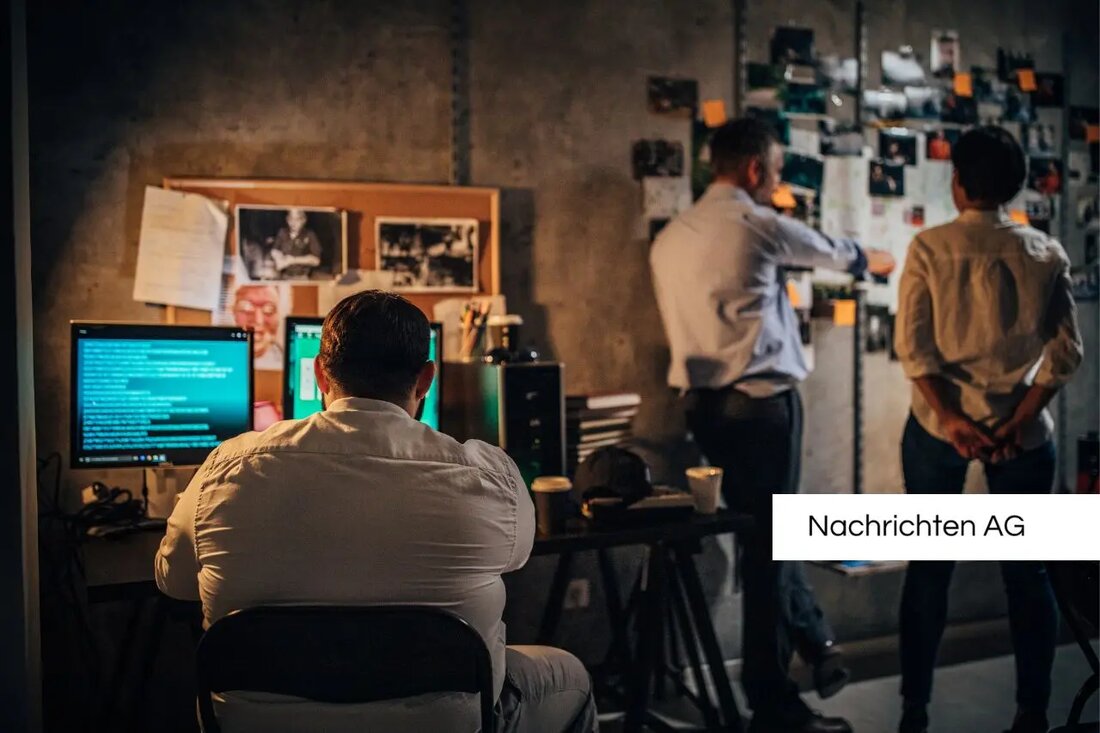Extremely right -wing candidate George Simion dominates election round in Romania!
Extremely right -wing candidate George Simion dominates election round in Romania!
In the presidential election in Romania, a remarkable rise of the extreme right candidate George Simion, who was able to win around 40 percent of the vote in the first round on May 4, 2025. Despite his clear advantage, he missed the absolute majority, which resulted in a runoff election on May 18, in which he will compete against Crin Antonescu, who received 21 percent of the vote. Antonescu is supported by a bourgeois-social democratic government coalition. In third place, the independent mayor of Bucharest, Nicusor Dan, follows with about 18 percent of the vote. Three quarters of the polling stations have already been counted, and in the past the counts often led to results that could differ from the initially reported stand.
The choice represents a repetition after the presidential election of 2024 was canceled due to irregularities in campaign financing. In this election, Calin Georgescu, a right -wing extremist Kremlin friend, received the most votes. The Romanian Constitutional Court of Georgescu excluded a new candidacy due to its controversial past, while the public prosecutor's office has been investigating it since the end of February. Simion has announced that it is in the event of an “justice” for Georgescu and even takes a prime role for him.
The rise of the extreme rights
Simion is already a favorite before the election and is supported by the newly founded alliance for the unity of the Romanians (Aur), which was able to move into the parliament in 2020. This phenomenon is part of a greater tendency in which the influence of right -wing extremists and populist parties in Romania has increased. The election sequence of the Aur reflects a deep distrust of the political elite, reinforced by the experience during corona apandemy. Anti-system messages and the use of conspiracy theories have significantly increased the degree of popularity of these groups in rural regions and smaller cities, whereby the support from right-wing extremist basic organizations such as the Orthodox Brotherhood is not insignificant.
The Orthodox Church, which officially distances itself from extremist groups, sees unwanted support for right -wing extremist politicians through priests in rural areas. This movement is accompanied by a historical heritage of Orthodoxism, which refers to anti -democratic currents of the interwar period. The Aur and their leaders normalize right-wing extremist discourses in parliament, rehabilitation controversial historical characters and spread xenophobic views, which is reminiscent of the rhetoric of the PRM party of the zero years. The return of these discourses is particularly worrying because other political actors are increasingly taking over similar strategies.
international implications
Romania is not only a member of the European Union and NATO, but also plays an important role in regional security policy. The new president determines the guidelines of foreign and security policy, and a possible takeover through right-wing extremists could have far-reaching effects on European integration and NATO positioning in Romania. Simion has already rejected military aid for Ukraine, which alerts many observers in Europe.
The memory of the fascist and anti -Semitic movements of the past remains present in Romanian society; Tens of thousands of people were murdered in Romania during the Holocaust. The processing of this darkness of history is slow. Official recognitions of the number of victims were only carried out in 2004, and 15 percent of 18 to 29 year olds in Romania terrifyingly deny the Holocaust. These factors show how important it is to carefully observe the development of the extreme right in Romania.
Overall, the upcoming runoff election on May 18 in Romania will be of crucial importance for both national and international politics. The outcome of this choice could not only change the political landscape of the country, but also exert an indirect influence on the European security and integration strategies.
Radio Euskirchen reports that ...
Süddeutsche Zeitung reports that ...
Zeit Online reports that ...
| Details | |
|---|---|
| Quellen | |


Kommentare (0)